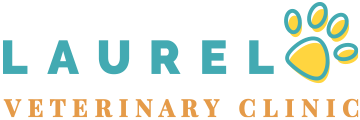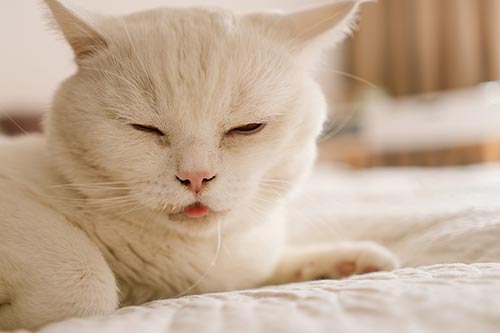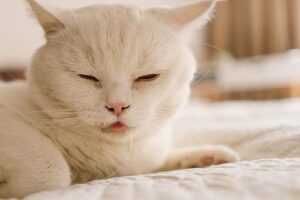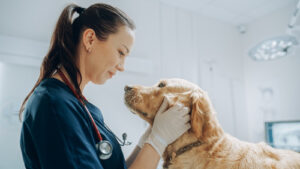When you notice your cat is drooling and not eating, it can be a sign that something isn’t right. This blog will explore what might be happening with your cat, focusing on dental issues that could be causing these symptoms. If you’re worried about your cat’s health, Laurel Veterinary Clinic in Broomfield, CO, is here to help. Our team is ready to provide the care your cat needs. For more information or to schedule an appointment, give us a call at (303) 469-5363. We understand how concerning it can be when your pet isn’t feeling well, and we’re here to support you and your cat through this time.
Understanding Why Your Cat Is Drooling and Not Eating
Cats are usually pretty good at hiding their discomfort, but drooling and not eating are signs you can’t ignore. These symptoms can be linked to various health issues, but dental problems are often a key cause. Dental issues in cats can range from mild gum disease to serious conditions like tooth resorption, which can cause significant pain.
Dental Diseases in Cats
Dental disease is common in cats and can lead to symptoms like drooling and loss of appetite. Plaque buildup, gingivitis, and periodontal disease can all make eating painful for your cat. In severe cases, an infected tooth may need to be removed to relieve your cat’s discomfort.
Other Causes for Drooling and Not Eating
While dental problems are a frequent culprit, it’s important to note other potential reasons for these symptoms. Kidney disease, viral infections, or even a foreign object stuck in the mouth could also be at play. That’s why it’s essential to get your cat examined by a veterinarian if you notice these signs.
How Laurel Veterinary Clinic Can Help
At Laurel Veterinary Clinic, we take your cat’s health seriously. Our team is equipped with the latest in veterinary dental care technology. We’ll start with a thorough cleaning and examination of your cat’s teeth to identify any dental issues. We will always take X-rays to get a complete picture of your cat’s dental health.
The Importance of Dental Exams
Regular pet dental exams are key to catching and addressing dental issues early. These exams allow us to spot problems before they lead to more serious conditions. We recommend annual check-ups for all cats, which include a dental examination as part of their routine health assessment.
Treatment Options for Dental Issues
If we find that dental issues are causing your cat’s symptoms, we’ll discuss the best treatment options with you. This might include dental cleanings, tooth extractions, or medications to manage pain and infections. Our goal is to restore your cat’s oral health and get them back to eating normally as soon as possible.
Supporting Your Cat’s Dental Health at Home
In addition to professional care, there are steps you can take at home to support your cat’s dental health. Brushing your cat’s teeth regularly with a vet-approved toothpaste can help prevent plaque buildup. Special dental diets and treats can also reduce tartar accumulation.
When to Call Laurel Veterinary Clinic
If you notice your cat drooling more than usual or showing a decreased interest in food, it’s time to give us a call. Early intervention can make a big difference in your cat’s health and comfort. Our team at Laurel Veterinary Clinic is here to provide the care your cat needs, so don’t wait to get in touch.
Dental health is a critical part of your cat’s overall health. Ignoring signs of dental disease can lead to more severe health issues down the road. By understanding the potential causes of drooling and not eating and seeking timely veterinary care, you can help keep your cat healthy and happy. If you’re concerned about your cat’s dental health or have noticed any changes in their behavior, call us at (303) 469-5363. At Laurel Veterinary Clinic, we’re committed to providing your cat with the best care possible.





